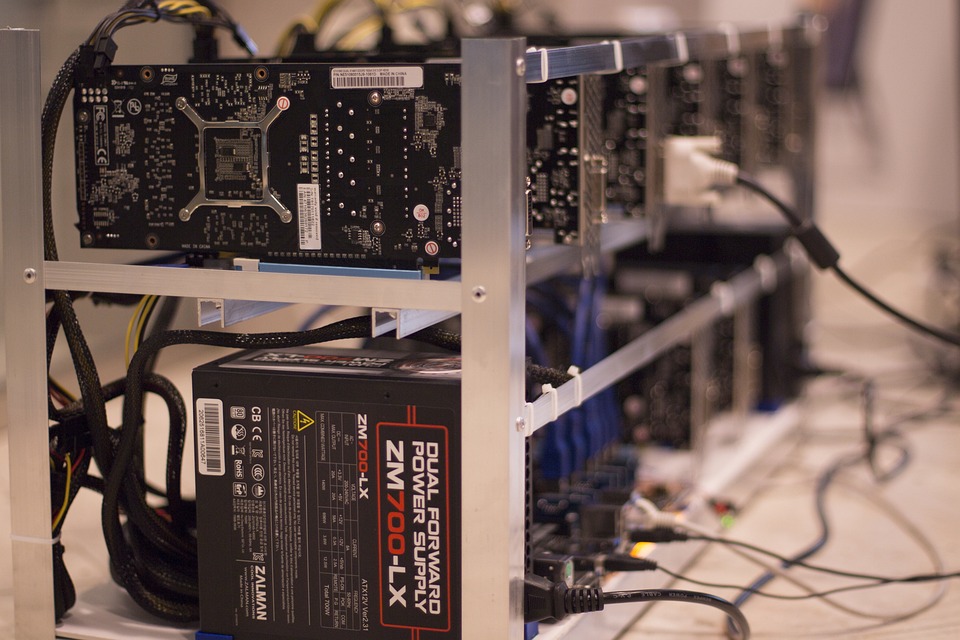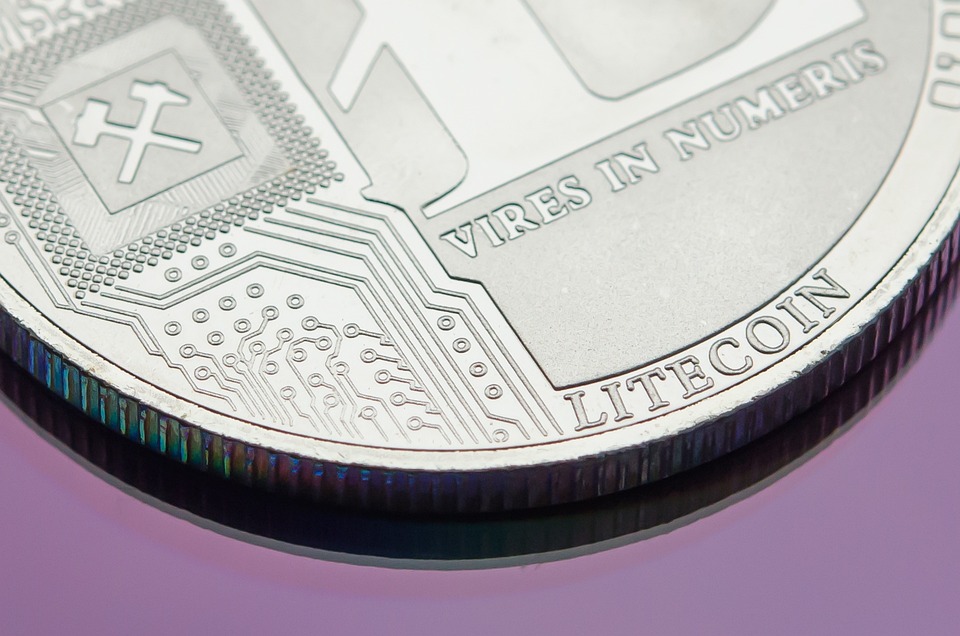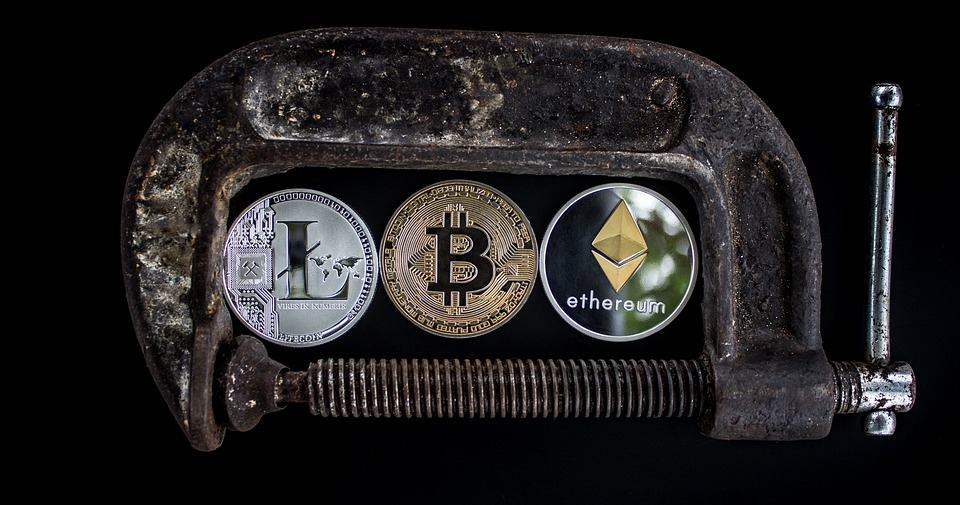Decentralization vs. Centralization: The Debate Continues
The age-old debate between decentralization and centralization continues to rage on in various sectors of society, from politics to economics to technology. Both concepts have their proponents and detractors, each arguing the merits of their preferred approach. But what exactly do these terms mean, and why are they so important in today’s world?
Decentralization refers to the dispersal of power, authority, and decision-making capabilities away from a central authority and towards local or regional entities. In a decentralized system, decision-making is spread out among multiple stakeholders, allowing for more autonomy and diversity in decision-making processes. This can lead to greater innovation, flexibility, and adaptability in response to changing circumstances.
On the other hand, centralization involves concentrating power, authority, and decision-making capabilities in the hands of a single central authority. In a centralized system, decisions are made at the top and then implemented down the hierarchy. While centralization can lead to more streamlined processes and coordination, it can also stifle creativity, slow down decision-making, and create bottlenecks in the system.
The debate between decentralization and centralization is particularly relevant in the context of governance and public policy. Proponents of decentralization argue that it allows for more responsive and accountable governance, as decision-making is closer to the people it affects. They argue that decentralized systems can better address the diverse needs and preferences of different communities, leading to more effective and equitable outcomes.
On the other hand, proponents of centralization argue that it ensures consistency and coherence in decision-making, as policies are implemented uniformly across the system. They argue that centralized systems can be more efficient and effective in delivering public services, as resources can be allocated based on strategic priorities rather than competing local interests.
The debate also extends to the realm of technology, where decentralized platforms such as blockchain have gained popularity in recent years. Blockchain technology enables peer-to-peer transactions without the need for intermediaries, offering greater security, transparency, and privacy. Proponents of decentralization in technology argue that it empowers individuals to have more control over their data and assets, reducing the risk of exploitation by centralized authorities.
However, critics of decentralization in technology warn of potential drawbacks, such as the lack of scalability and governance structures in decentralized platforms. They argue that centralized authorities play a vital role in ensuring interoperability, compliance with regulations, and overall stability in the system.
Ultimately, the debate between decentralization and centralization is not a black-and-white issue, but a nuanced and complex one that requires careful consideration of the specific context and objectives at hand. Both approaches have their strengths and weaknesses, and the optimal balance between the two may vary depending on the circumstances.
As society continues to grapple with the challenges of the modern world, the debate between decentralization and centralization is likely to remain a central point of contention. Finding the right balance between the two will be essential in shaping a more resilient, adaptive, and inclusive future for all.




